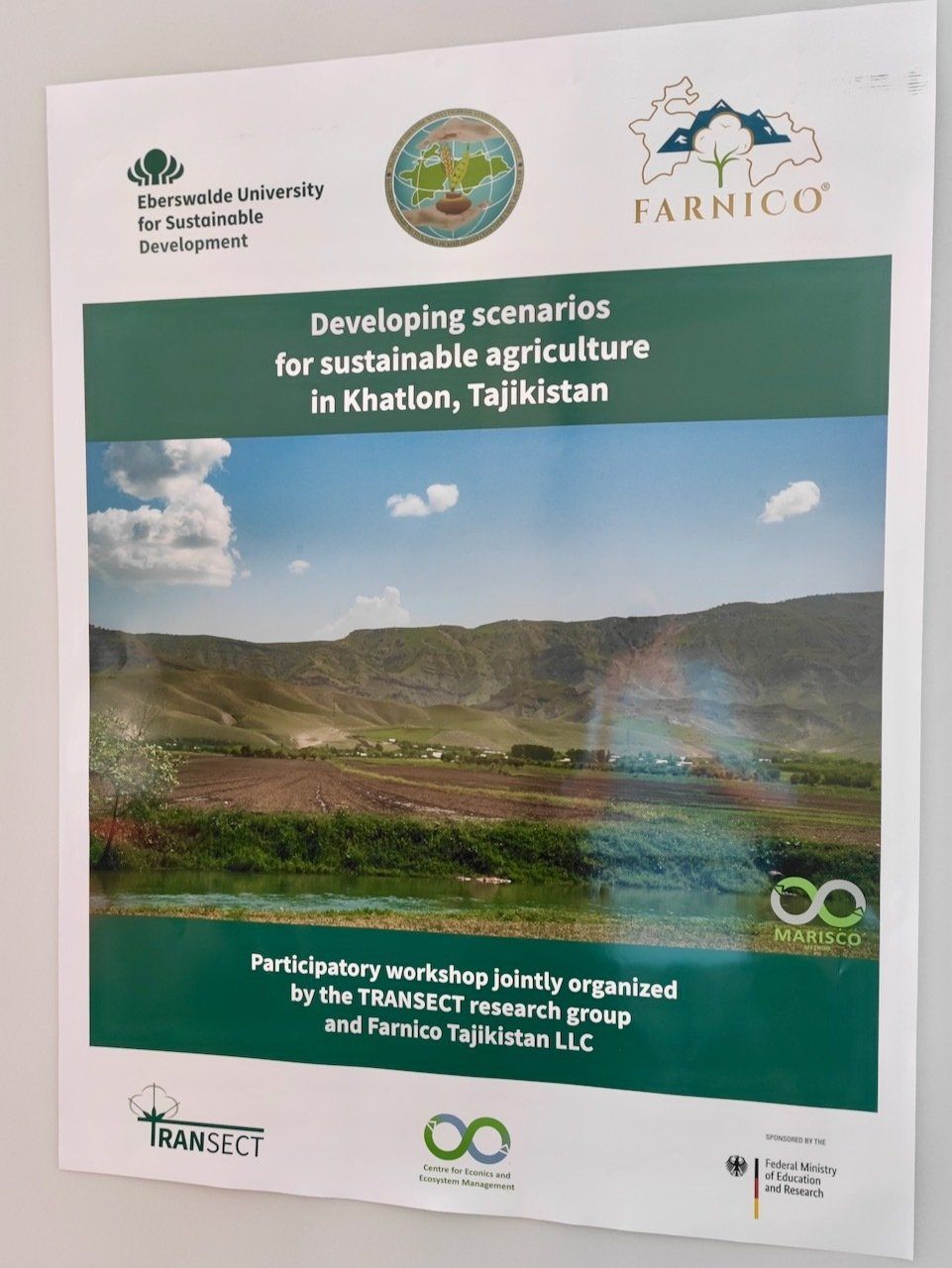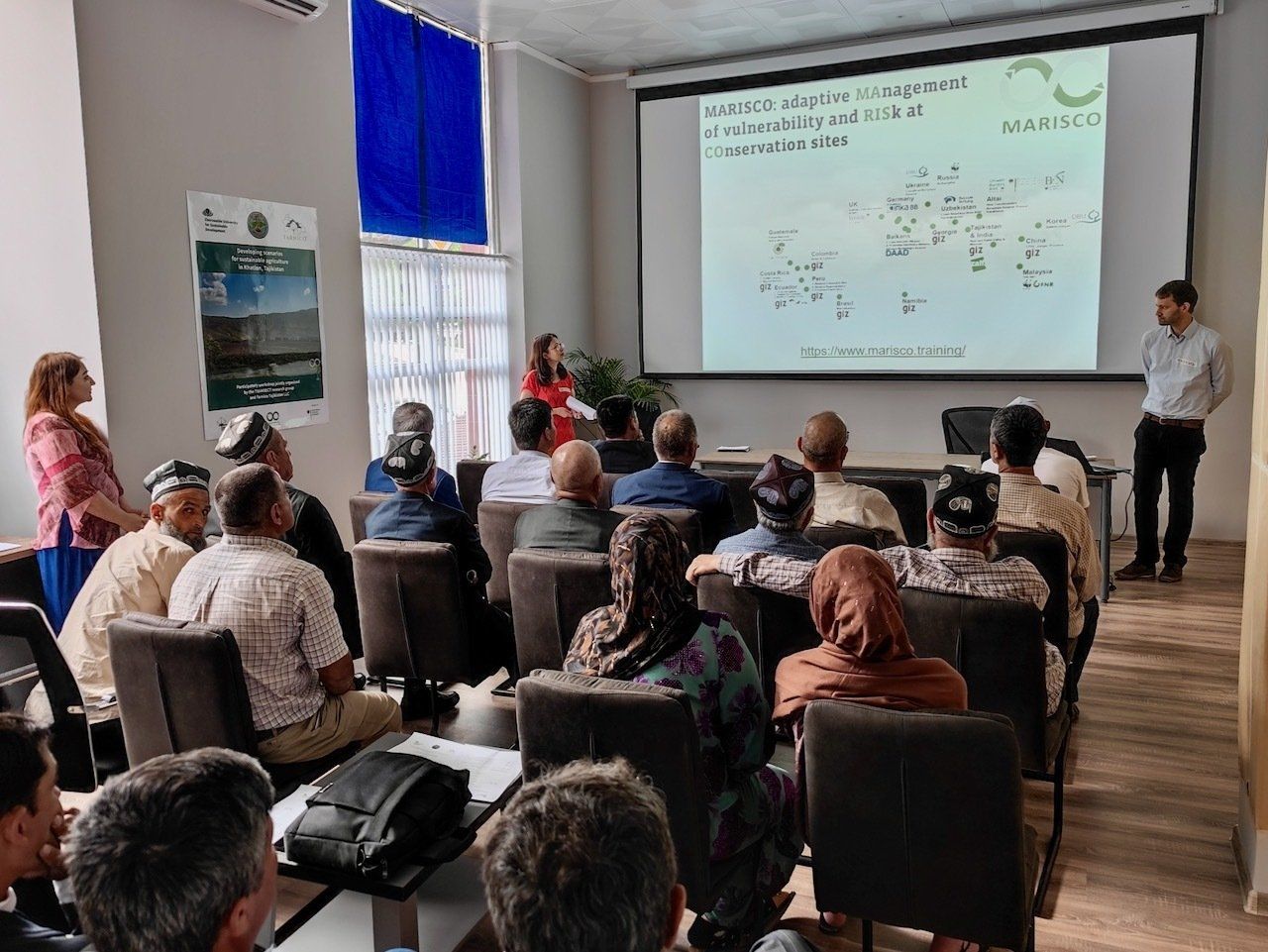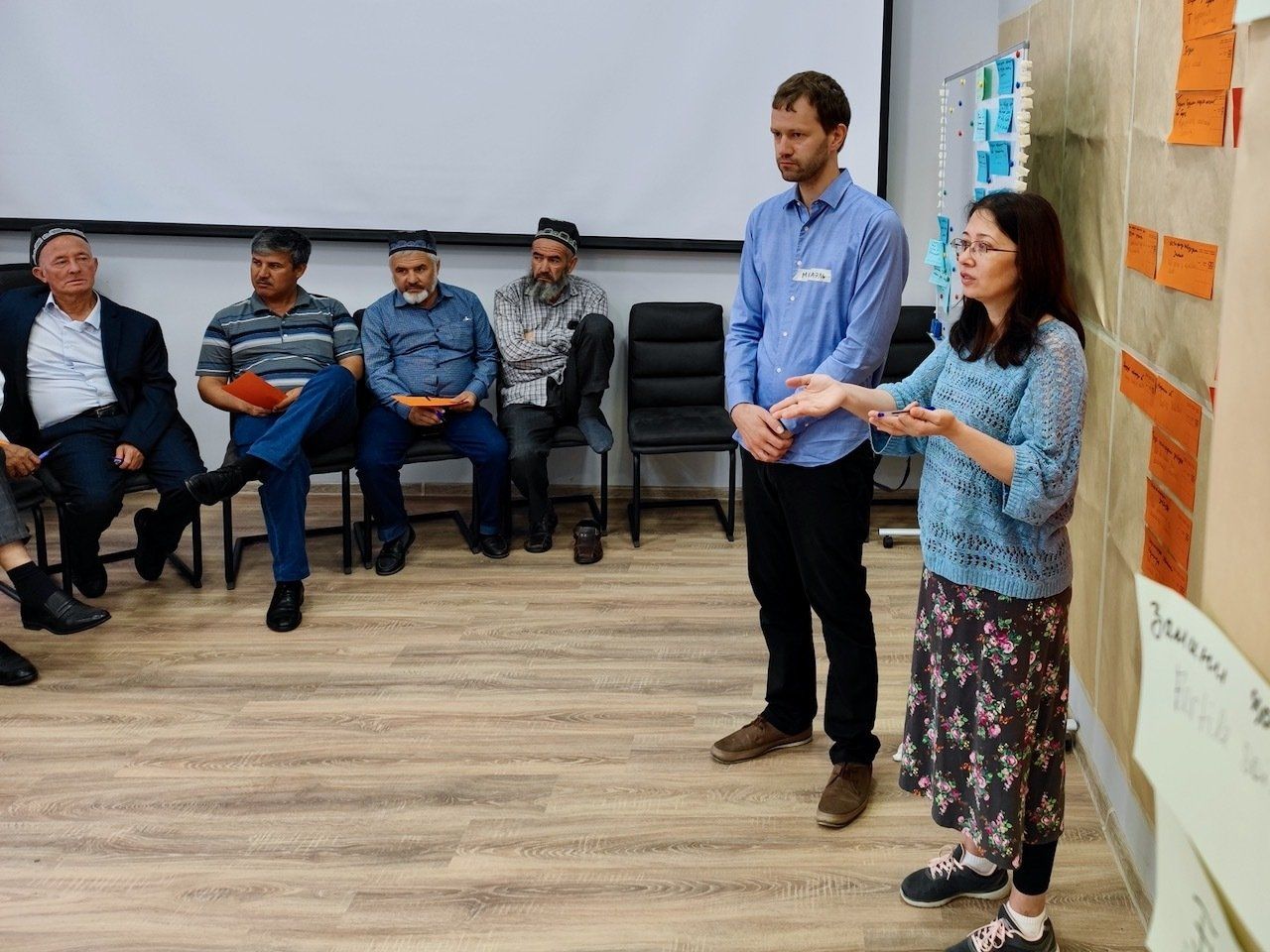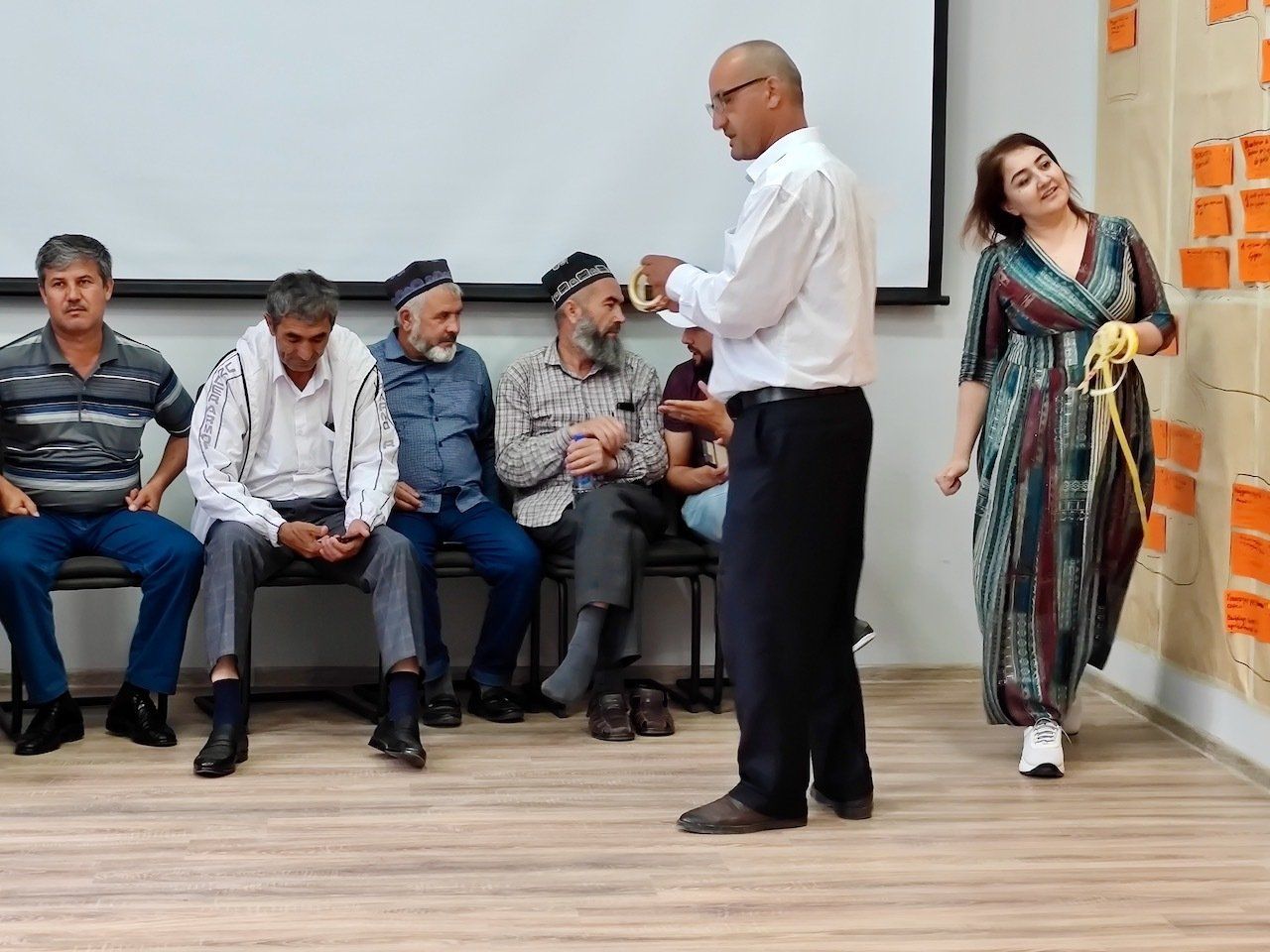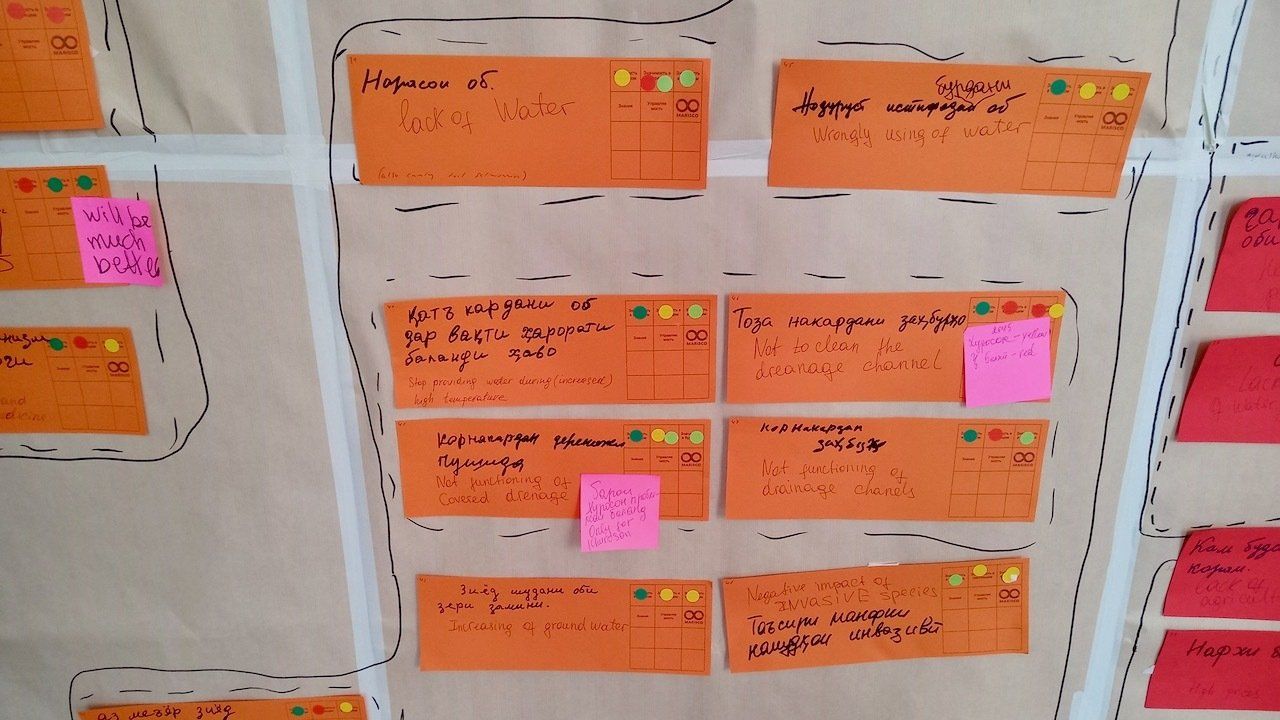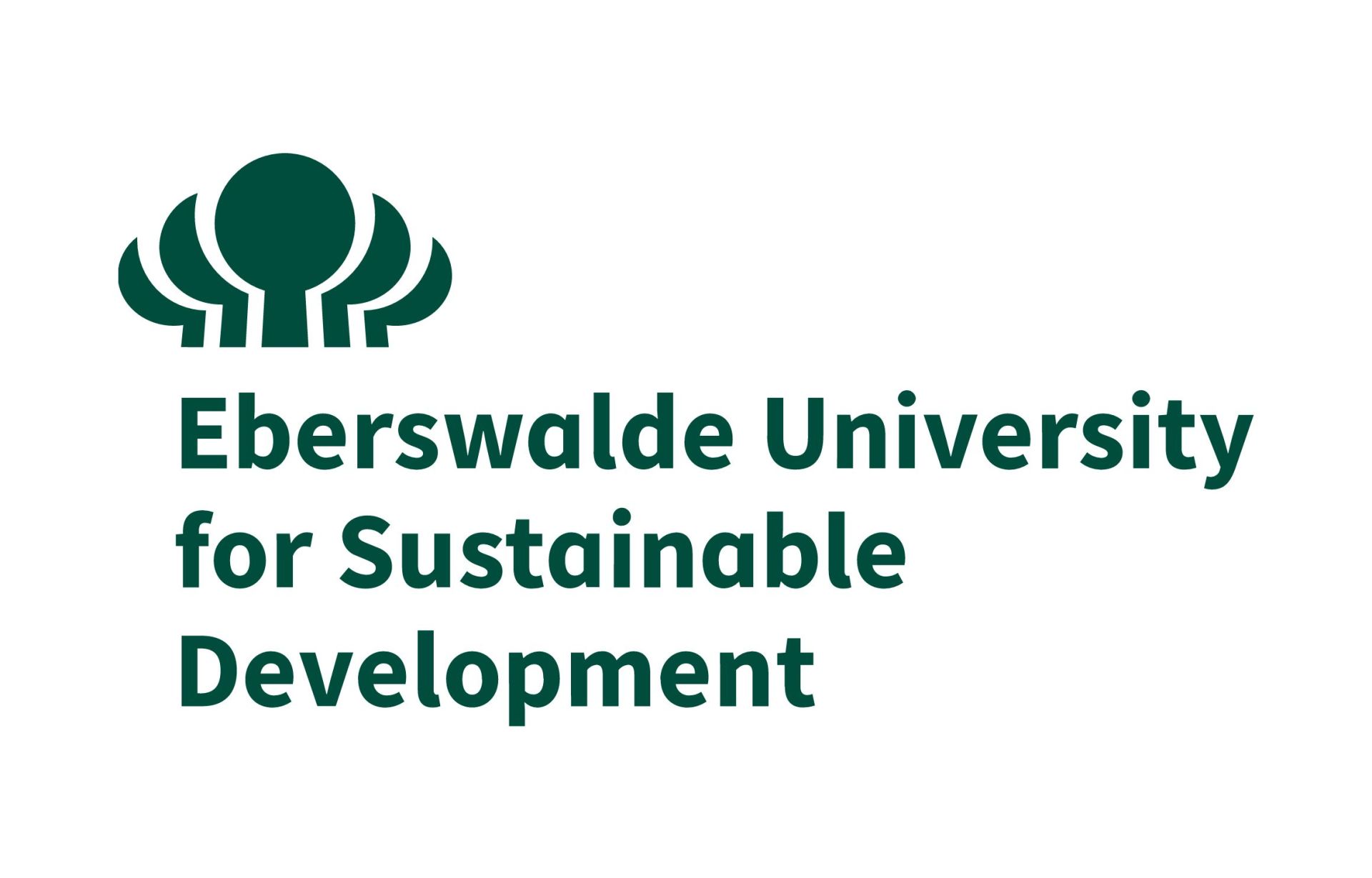First Participatory Workshops held in Tajikistan and Kazakhstan
17 June 2022
TRANSECT gained new insights into local agricultural challenges and perspectives

Participants of MARISCO workshop in Dushanbe, Tajikistan
All photos © HNEE 2022 / Michael Spies, Henryk Alff
All photos © HNEE 2022 / Michael Spies, Henryk Alff
From May 10 to 12, 2022, TRANSECT researchers and colleagues from Tajikistan facilitated the first three-day participatory workshop in Dushanbe, the capital city of Tajikistan. The workshop proceeding was based on TRANSECT's adapted MARISCO
method (Adaptive MAnagement of vulnerability and RISk at COnservation sites). MARISCO represents a toolbox and an approach to adaptive ecosystem-based management. The method has been adapted to agrarian settings with a stronger emphasis on social dimensions of resource use and bio-based economy.
The workshop was jointly organised with the National Centre for Genetic Resources of the Tajik Academy of Agricultural Sciences and FARNICO Tajikistan LLC. Participants of the MARISCO workshop brought together insights and perspectives from diverse local stakeholders including farmers and agronomists from Jaloliddini Balkhi and Huroson districts of Khatlon region, representatives of Water Users Associations, research institutes, academia and agricultural NGOs.
The workshop was jointly organised with the National Centre for Genetic Resources of the Tajik Academy of Agricultural Sciences and FARNICO Tajikistan LLC. Participants of the MARISCO workshop brought together insights and perspectives from diverse local stakeholders including farmers and agronomists from Jaloliddini Balkhi and Huroson districts of Khatlon region, representatives of Water Users Associations, research institutes, academia and agricultural NGOs.
A similar workshop was conducted together with local farmers and other stakeholders about three weeks later (May 31 to June 1) in Panfilov district, Kazakhstan. The workshop was jointly organised by TRANSECT and our partner university, the Kazakh National University, named after Al-Farabi. It was facilitated by a team of five German and Kazakh researchers.
While the format of the workshops was new to most of the participants, they quickly took the role of acting as local experts. They engaged in the process of knowledge mapping very actively. Both workshops aggregated valuable results for the TRANSECT research project, in terms of methodology as well as regarding new insights into farmers’ perspectives on the local social-ecological systems and challenges.
In Kazakhstan and in Tajikistan, the participants found the holistic approach of the MARISCO methodology insightful. They admitted that mapping local knowledge jointly with other local experts enabled them to look at their existing social and ecological problems systematically, beyond their own farm and household boundaries.
